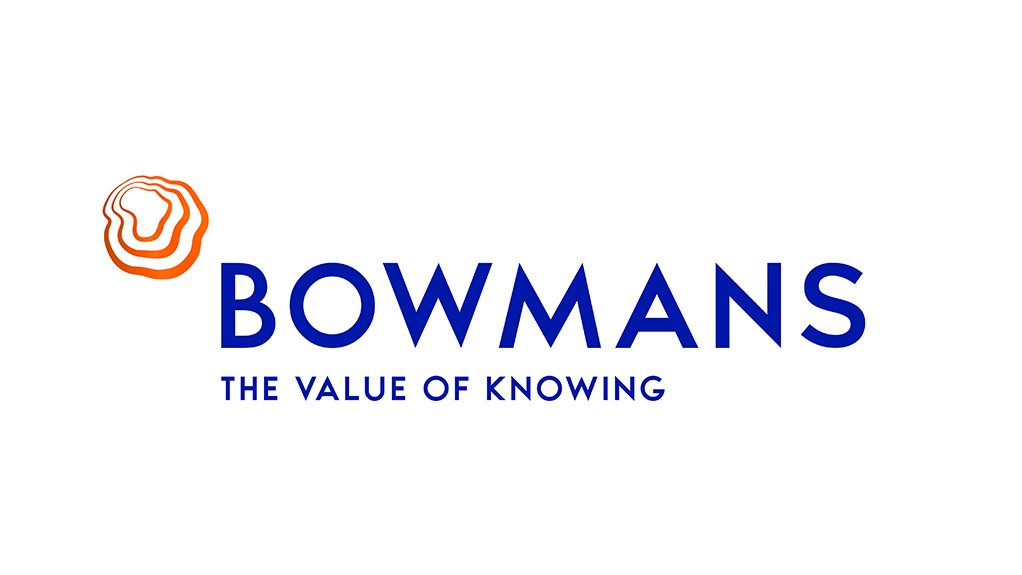While the Covid-19 pandemic slowed private equity (PE) deal-making and fundraising in Southern Africa in 2020, certain sectors within the industry still stand to benefit from the ongoing wave of portfolio and balance sheet restructurings.
‘During 2020, various market experts were aligned that the economic cycle seemed to have created opportunities for PE players to pursue public-to-private transactions and to acquire businesses or divisions of listed groups that needed to rationalise and pay down debt,’ says Jutami Augustyn, partner at leading African law firm, Bowmans. ‘This still seems to be the case as we move into the next quarter of 2021 and we expect more to come.’
Alongside the PE deals linked to restructurings, an increase in foreign divestments potentially presents further opportunity for skilled PE value-finders. Meanwhile, some fresh inward-bound activity may be experienced on the back of the plans that President Cyril Ramaphosa announced in his State of the Nation Address on 11 February 2021.
‘Government plans to implement a number of infrastructure projects in order to attract foreign investments and stimulate job creation,’ Augustyn says. ‘Coupled with the National Treasury’s proposed decrease in the corporate income tax rate from 28% to 27% for companies with years of assessment commencing on or after 1 April 2022, we expect this to encourage further PE activity in 2021.’
The PE industry itself will not emerge unchanged from the Covid-19 pandemic, she adds. ‘The pandemic and its economic impact had, and will continue to have, a substantial effect on certain PE portfolio companies, with knock-on effects to some PE funds and the industry at large that will play out over some time.’
In addition, the pandemic has had an impact on the valuations of certain portfolio companies in South Africa.
‘That said, the PE industry has shown its resilience over many years. Even in the face of sometimes weak GDP growth, the size of total funds has been a positive upwards curve that reflects the strength of the industry and the confidence of investors that venture capital and private equity are able to grow despite a lethargic economy,’ Augustyn says.
Regulatory change shifts the PE landscape
Over and above the still-unfolding effects of the pandemic, the PE industry is also anticipating a number of regulatory changes.
‘In South Africa, the most notable regulatory change comes by way of the abolishment of the prohibition against loop structures with effect from 1 January 2021. This is applicable to private individuals and companies, including PE funds that are tax resident in South Africa,’ she says.
The removal of the loop structure restrictions effectively means that South African exchange control residents can now make investments outside of the common monetary area (South Africa, Namibia, Lesotho and Eswatini), which are invested back into or used to provide loan funding to residents of the monetary area.
‘However, previously unauthorised loop structures must still be regularised with the Financial Surveillance Department of the South African Reserve Bank for them to be permitted,’ says Augustyn.
Another regulatory change on the South African horizon will be the streamlining of the conduct requirements for financial institutions through the Conduct of Financial Institutions (COFI) Bill.
‘Private equity funds, as well as alternative investments like Real Estate Investment Trusts (REIT), will have to be licensed under the COFI framework,’ she says, adding that National Treasury is looking to finalise the Bill and submit it to Cabinet for approval and tabling during 2021.
Turning to the broader African PE landscape, Augustyn says further innovation within the market is expected as the industry continues to evolve.
‘Various sectors within the market, particularly portfolio companies operating in the tourism-dependent sector and resources sector, seemed to have been hit the hardest, struggling to stay afloat and to maintain basic returns. For other sectors, such as the technology sector, the global pandemic led to various opportunities to expand at a record speed.’
Against the backdrop of the global pandemic and the economic impact that it has had on various economies, Augustyn says there is room for creative thinking within the PE industry to develop solutions in this area.
‘Longer life and permanent capital vehicles, together with simplified and more nimble structures, are now part of our landscape and are here to stay. We may also see more flexible deal-by-deal structures evolve, particularly given recent global changes.’
EMAIL THIS ARTICLE SAVE THIS ARTICLE ARTICLE ENQUIRY
To subscribe email subscriptions@creamermedia.co.za or click here
To advertise email advertising@creamermedia.co.za or click here











